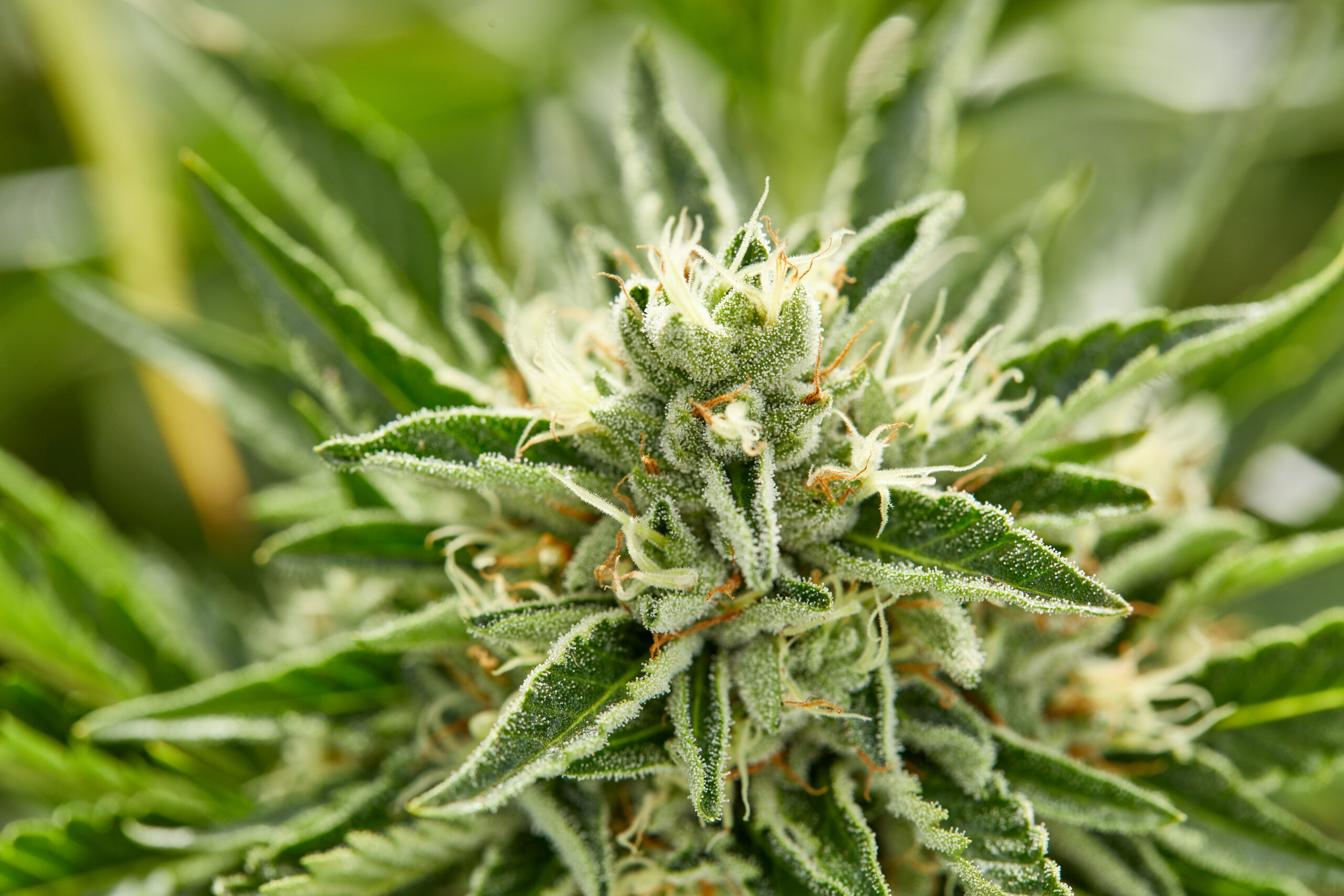THCA is a cannabinoid compound found in crude pot and hemp plants, especially in the trichomes of the blossoms and leaves. In contrast to its notable subsidiary THC (tetrahydrocannabinol), THCA is non-intoxicating, meaning it does not deliver a psychoactive outcome when consumed in its crude structure. Instead, thca flower buy offers potential therapeutic advantages that originate from its interaction with the endocannabinoid system (ECS) in the human body.

- The ECS assumes a urgent part in maintaining homeostasis, or equilibrium, within different physiological cycles like state of mind guideline, resistant reaction, pain discernment, hunger, and rest. It comprises of cannabinoid receptors, endocannabinoids and catalysts that synthesize and separate these mixtures.
- THCA interacts with the ECS fundamentally through indirect systems. Not at all like THC, which binds straightforwardly to cannabinoid receptors THCA does not bind to these receptors in its crude structure. Instead, it interacts with the ECS by influencing the catalysts that control endocannabinoid levels.
- Research proposes that THCA might inhibit the catalyst cyclooxygenase-2 which is involved in inflammation and pain reactions. By reducing COX-2 action, THCA might actually add to mitigating impacts, which are gainful for conditions like joint pain and other inflammatory issues.
- Furthermore, THCA might go about as a neuroprotectant by modulating synapse levels and reducing oxidative pressure in the brain. Studies have indicated that THCA could have cell reinforcement properties, which could assist with protecting neurons from harm brought about by oxidative pressure and inflammation.
- Besides, THCA has been read up for its likely antiemetic properties, making it possibly valuable for managing chemotherapy-induced queasiness and other gastrointestinal problems.
- It means a lot to take note of that most exploration on THCA’s interactions with the ECS is still in its beginning phases, and a significant part of the proof supporting these potential advantages comes from preclinical examinations and episodic reports.
Taking everything into account, while thca flower buy does not straightforwardly bind to cannabinoid receptors like THC, it interacts with the endocannabinoid system through different indirect instruments, influencing catalyst movement and possibly contributing to therapeutic impacts, for example, mitigating, neuroprotective, and antiemetic properties. Continued investigation into THCA’s interactions with the ECS could prompt new therapeutic applications for this cannabinoid compound.

